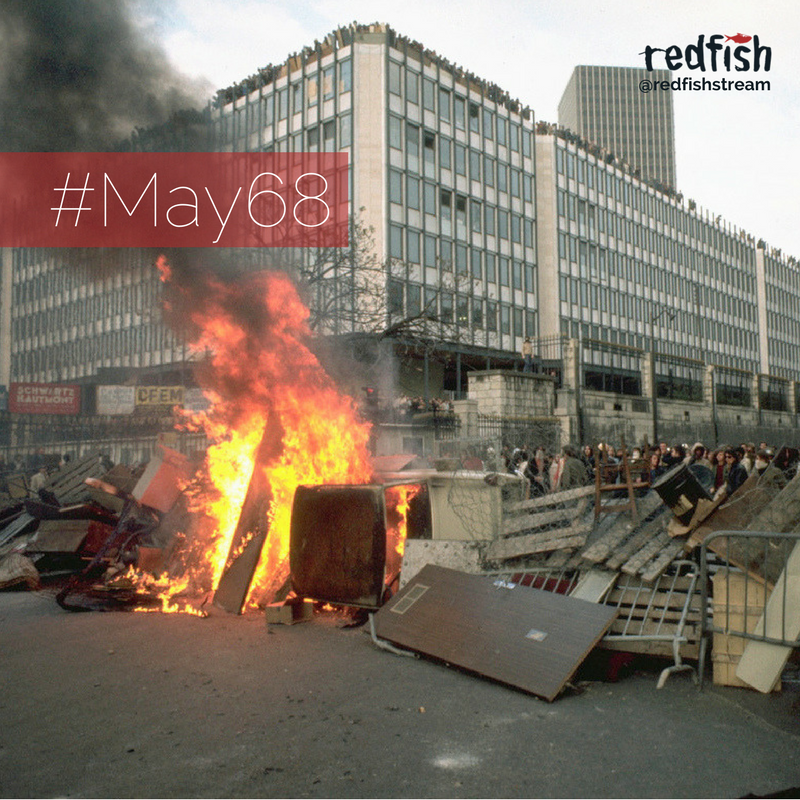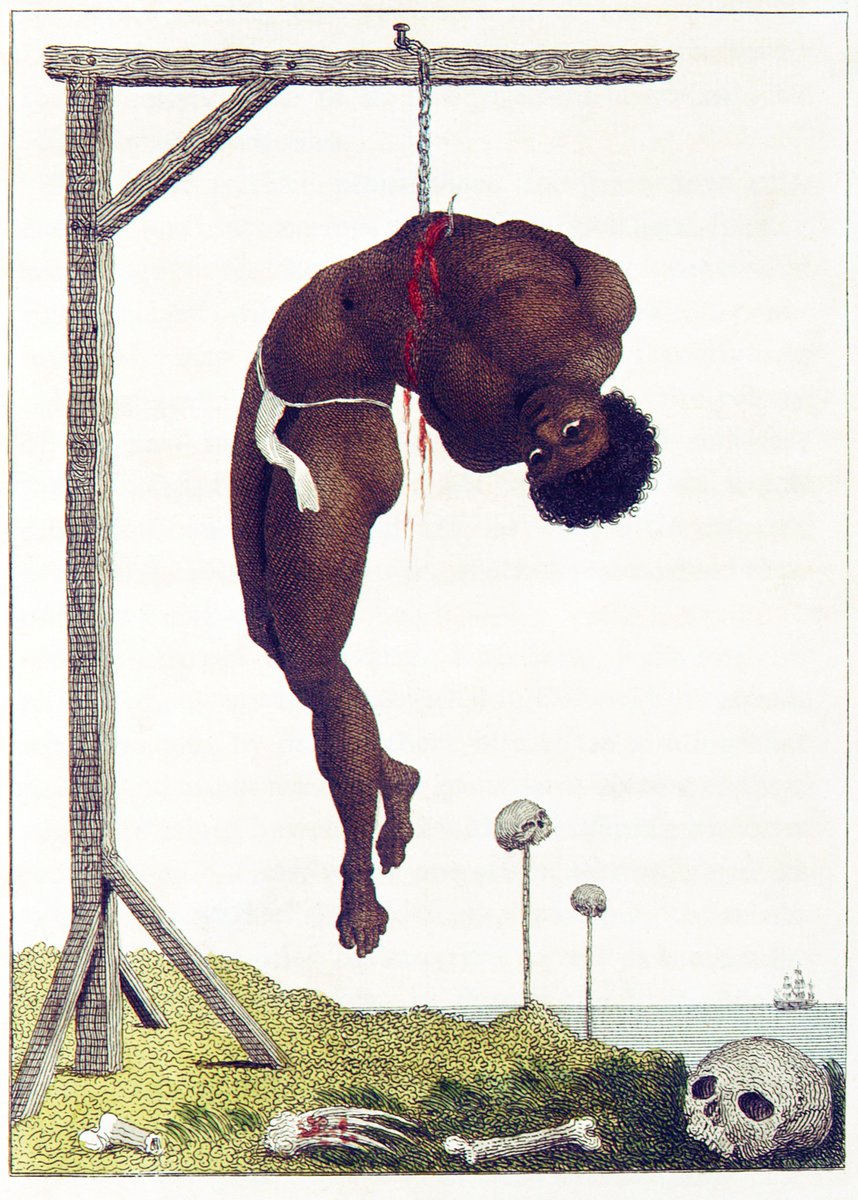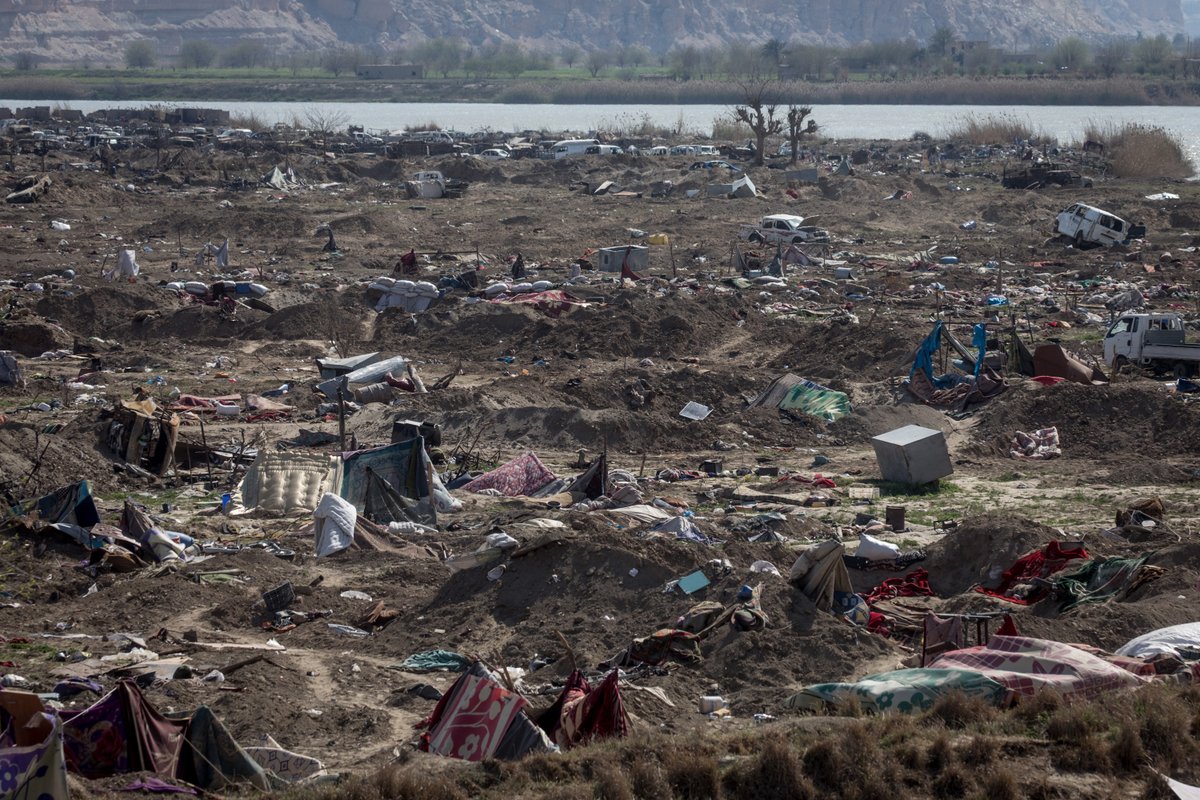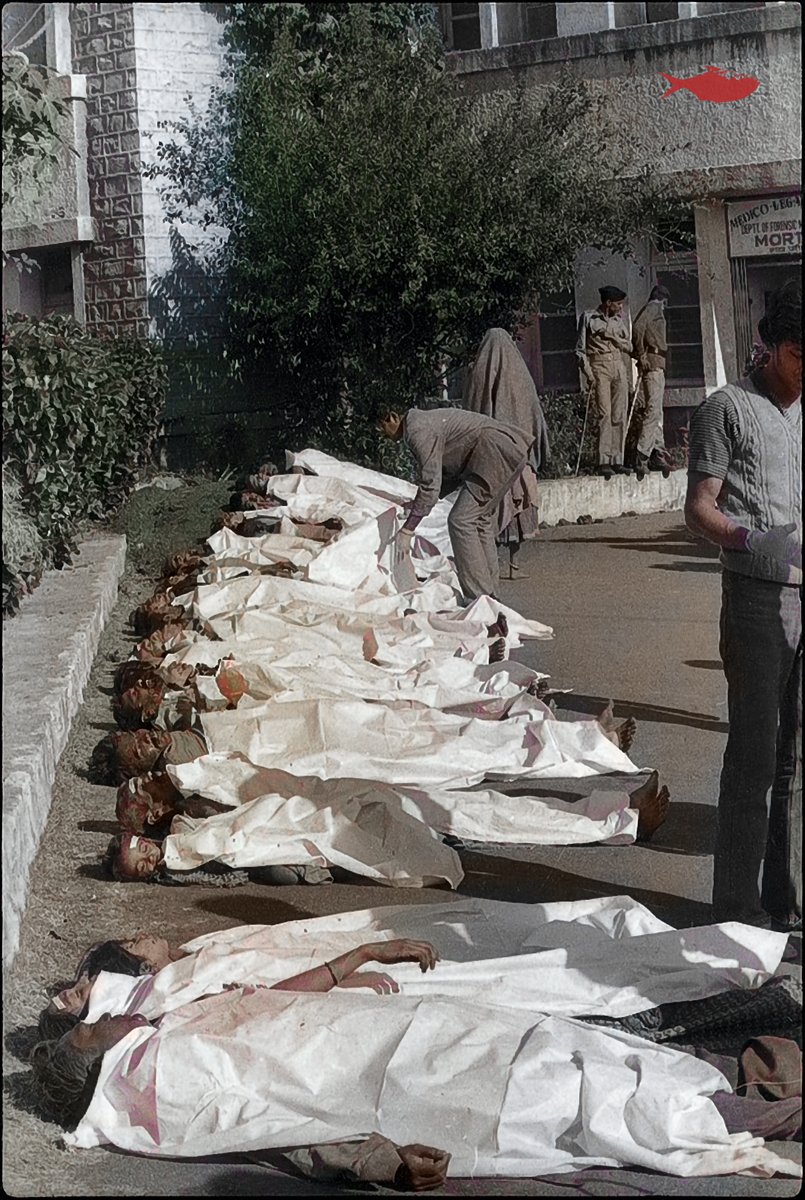THREAD/ May 6 1968: Over 20,000 people respond to a call by teachers and student unions to march on the Sorbonne to protest the police invasion and closure of the university.
As the march approaches, police charge at protesters beating them with batons.
#May68
As the march approaches, police charge at protesters beating them with batons.
#May68

/In response, marchers hurl dug up paving stones and improvised gas bombs at police who then hit back with tear gas and a total shutdown of central Paris. #May68 



/The battles continue until the early hours of the morning centred in Paris' Latin Quarter. Protesters are joined by the middle-classes horrified at police violence and workers inspired by their resistance. Students from universities across France pledge support. #May68 

/Women, workers, unemployed, students and school children form human chains carrying rocks and scraps of wood an iron to help protesters barricade the streets.
Hundreds of thousands of people across the country follow the events minute by minute on the radio. #May68

Hundreds of thousands of people across the country follow the events minute by minute on the radio. #May68


/By the end of the night, hundreds of police and protesters are wounded and over 400 arrested. “Some policemen described the street fighting as the worst since the liberation of Paris in 1944” (New York Times May 1968). Every day after, the support for the #May68 will multiply. 

• • •
Missing some Tweet in this thread? You can try to
force a refresh




























